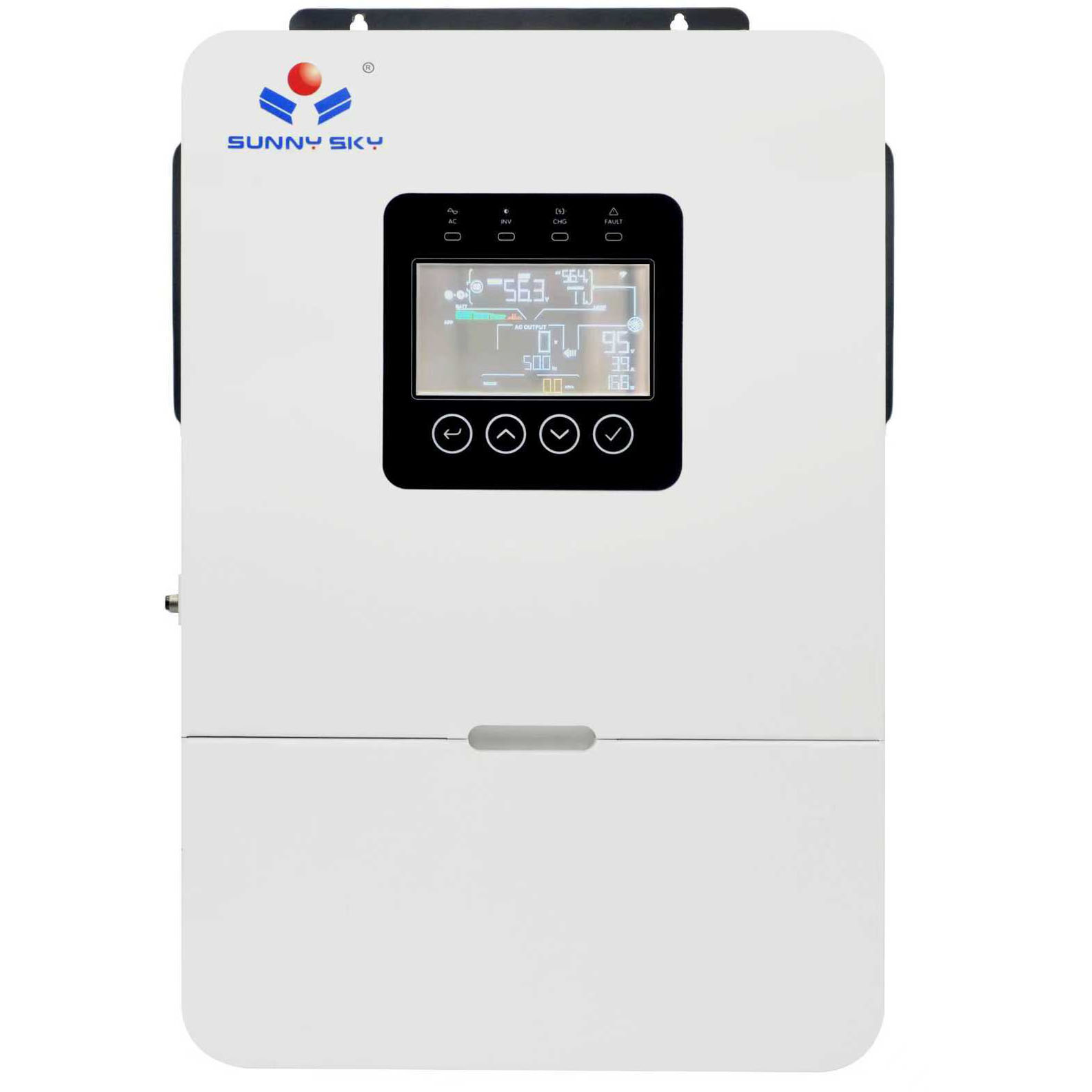
How to Select the Best MPPT Solar Controller
Choosing the right controller is crucial for system performance and safety. First, you must consider the voltage and current ratings. The controller needs to be compatible with your system's nominal battery voltage (e.g., 12V, 24V, or 48V). Next, calculate the total short-circuit current (Isc) of your solar panels when wired together. It's recommended to choose a controller with an amperage rating at least 25% higher than your array's total Isc to handle fluctuations in solar intensity. Another critical specification is the maximum PV open-circuit voltage (Voc). You must ensure the Voc of your solar array, especially in cold weather conditions, never exceeds the controller's maximum input voltage limit, as doing so can permanently damage the unit. Finally, look for a controller that supports your specific battery chemistry, whether it's lead-acid, GEL, AGM, or lithium, to ensure proper charging cycles.
Key Features of a High Efficiency Solar Charge Controller
When searching for the best MPPT solar controller, look beyond the basic specifications. Modern controllers offer a wealth of features that enhance user experience and system management. A clear LCD screen is invaluable for real-time monitoring of system performance, showing data like input voltage, current, and total energy harvested. Advanced models provide comprehensive data logging and connectivity options like RS485, allowing for remote monitoring via WiFi or GPRS modules. This remote access is perfect for managing systems in remote locations. A high efficiency solar charge controller not only maximizes power harvest but also comes with robust protective features, including safeguards against overcharging, deep discharge, short circuits, and reverse polarity, which protect your valuable battery bank and extend its lifespan.
Finding a Reliable Solar Charge Controller Supplier
Your choice of supplier is just as important as the controller itself. When searching for solar charge controller manufacturers, prioritize companies with a proven track record of quality and reliability. A reliable solar charge controller should come with a solid warranty and accessible technical support. Look for suppliers who provide detailed product documentation and are transparent about their product specifications. For installers or those building multiple systems, exploring MPPT solar charge controller wholesale options is a smart move. Buying in bulk can significantly affect the overall solar charge controller pricing, making high-end technology more affordable. A good solar charge controller supplier will offer a range of products to fit different system sizes and budgets, ensuring you can find the perfect MPPT controller for solar panels without compromising on quality.
Making the Final Decision
Ultimately, selecting the correct MPPT solar charge controller involves a careful assessment of your system's specific needs. By matching the controller’s voltage and amperage to your solar array and batteries, considering essential features like monitoring and battery compatibility, and sourcing from reputable MPPT solar controller manufacturers, you can build a highly efficient and durable solar power system. This crucial component will work silently in the background, ensuring every possible watt is harnessed from the sun to power your life, bringing you one step closer to true energy independence.


